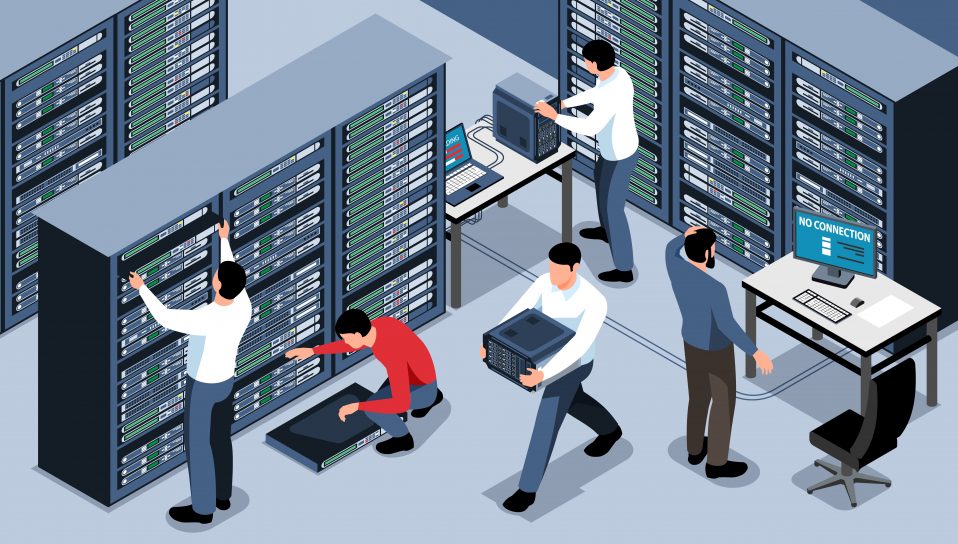Colocation hosting refers to the transfer of your IT infrastructure to a third-party data center. The data centers are extremely dependable, secure, and have a fully redundant infrastructure. Co-locating your web servers to a data center is always a good idea because it offers many advantages and provides a secure physical environment for your server.
Colocation web hosting provides all of the extra capabilities while also protecting data from natural calamities. Customers who have their own server can host it at a purpose-built Data Center, which is referred to as colocation (or Colocation Center). Customers pay for rack space in which to store their server while maintaining control over it.
There are numerous benefits which can be classified as follows:
Cost-effective
The colocation service is considered one of the cost-effective solutions for your servers to maintain. Basically, you don’t need to build and maintain the in-house requirements that your server demands can cost you valuable capital in facilities, Internet connectivity, and maintenance personnel. The colocation hosting providers have such kind of full facility available with their infrastructure.
Reliable Uptime
For server owners, uptime is always a big worry. With a colocation facility, one can rest assured that his server will be up and running at all times. Everything in a colocation center is redundant, so if something goes wrong, the colocation customers’ server and network equipment will be unaffected because redundant systems are in place to automatically replace the ones that went wrong.
Air conditioning systems, UPS (uninterruptible power systems), power generators, utility electricity, network routers, redundant Internet backbones with plenty of extra capacity, and redundant onsite network engineering employees are all examples of this.
More Security
Security is of prime importance when it comes to the servers or leasing any services for your IT equipment. Data centers are generally considered to be secured and well-established infrastructure. Data centers should be monitored 24-7. Your systems should be housed in a state-of-the-art data center, with redundant air cooling and filtering systems, designed to operate even in the event of a power failure. Data centers should be located and built to withstand natural disasters and other emergencies.
Network Speed & Reliability
Every server owner is concerned about getting good performance and dependability. The gear is designed to withstand both a climate-controlled environment and power conditioning. You can use server hosting to have access to enterprise-level backup and monitoring capabilities.
Many colocation service providers use BGP and have multiple Internet backbones and redundant Internet networks entering their facility. When a firm sets up a network at an office, they typically only receive the Internet bandwidth capacity that they require, such as a single T3, which is 45 megabits, or an OC3, which is 155 megabits, without redundancy.
Outage Protection
When deciding whether or not to move computers to a data center, power redundancy and backup are critical considerations. Power generators and backup power supplies are frequently used in colocation data centers to provide redundancy. This will allow networks to stay up even if there is a long-term power outage. Colocation providers frequently provide flood and fire protection for servers.



Recent Comments